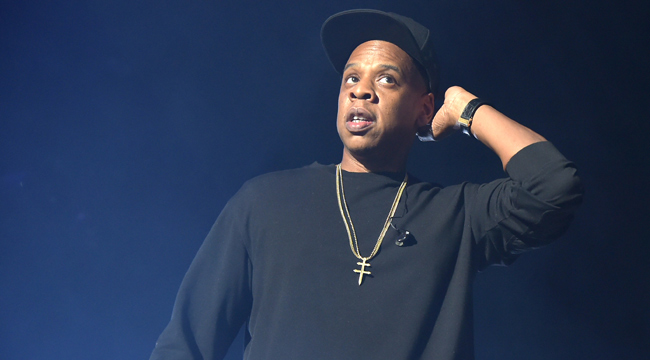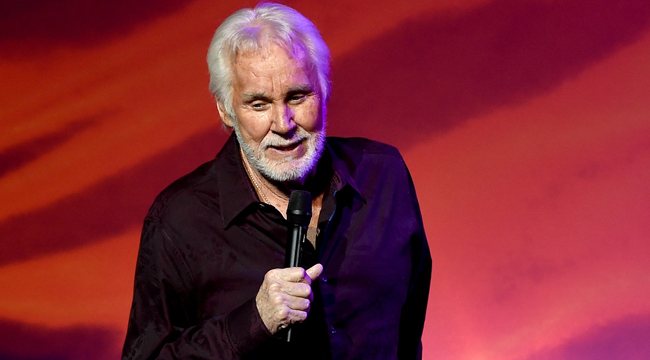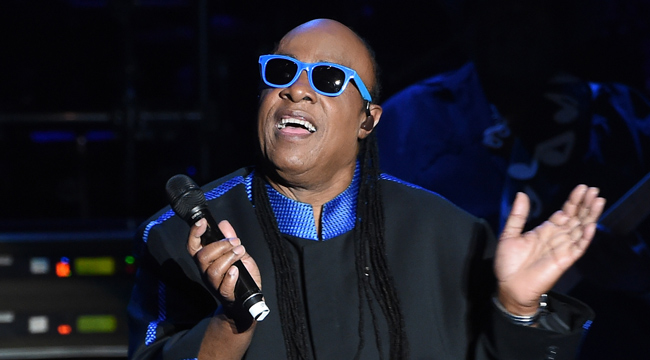
Getting paid as a musician has always seemed to be a daunting task. For as long as people have tried to make a living playing music, there have always been people and places that try to make use of bands’ talents by having them play for the benefit of “exposure,” cheating them out of a payday and belittling their craft as a whole. As a result, some musicians have resorted to the legal system to help them get the money they feel they’re owed.
The most recent example is actor (and voice of about two-dozen Simpsons characters) Harry Shearer, who filed a $125 million lawsuit last month against Vivendi, the company that controls the rights to This Is Spinal Tap, the widely beloved parody music doc. Shearer played Spinal Tap bassist Derek Smalls, and also co-wrote all of the band’s music with co-stars Christopher Guest and Michael McKean and director Rob Reiner. While the original production deal promised the quartet a 40% share of the profits, so far they’ve received $81 between 1984 and 2006 for merchandising, and another $98 between 1989 and 2006 for their music.
To split. Four ways.
Given that the wheels of justice turn slowly, Shearer’s lawsuit might not see any kind of resolution for quite some time, so in the meantime, here’s a look at some of the recent lawsuits that musicians have had to file in order to get (or keep) the money that they feel was owed to them.
Yesh Music Vs. Tidal

When Tidal was first launched, Jay-Z announced that would would pay all artists an unprecedented 75% royalty rate. Less than a year later, Tidal was being sued for $5 million in unpaid royalties by Yesh Music and musician John Emanuele from the band (wait for it) American Dollar. The lawsuit claimed that Tidal was streaming more than 100 of their songs and had yet to fork over any royalties that they claim were owed to them.
The lawyer representing Yesh Music and Emanuele, Richard Garbarini, stated that he found it “fairly amazing an organization that claims it was going to pay the artists, systematically does not pay the artists.” Tidal went on record denying any of the allegations.
Kenny Rogers Vs. Capitol Records

The issue of digital distribution of music has been a hotly contested issue for years, as technology is quickly outpacing record labels ability (or willingness) to adequately compensate the artists responsible for the music. In 2012, when streaming was really beginning to take off, Kenny Rogers sued his label, Capitol Records, demanding a 50% payout of all the money made off the digital distribution of his songs, including ringtones, which came to roughly $400,000.
Rogers had originally requested an audit of EMI in 2007, Capitol Records’ parent company, which took more than two years to complete. Before long, all the people that Rogers had been negotiating with were no longer with the company, and were replaced by a lawyer who told him that he would “promptly try to resolve Rogers’ requested audit,” more than four years after it was initially requested. This prolonged approach to problem solving led Rogers to file the lawsuit.
This came at the same time that several artists were busy putting together their own class action lawsuits against a host of other labels over the same issue. Though Rogers’ lawsuit was just a little bit different, as he opted to file his case in Tennessee instead of California, believing that their courts would be more inclined to rule in his favor as a songwriter. It’s unclear if the lawsuit has yet to make it to court.
Li’l Wayne Vs. Universal Music Group

While the rapper is still embroiled in a lawsuit with Cash Money CEO Birdman over his recording contract in 2015, among many other issues, Wayne also filed another lawsuit earlier this year, this time against the Universal Music Group. He claims that the label was not only withholding royalties from him, but from several other artists on Wayne’s label imprint, Young Money, to the tune of $40 million. The lawsuit also addressed some of Wayne’s grievances over how Cash Money was using profit he felt he was owed to pay off their own debts.
In August of this year, a judge put a hold on Wayne’s case against Universal, explaining that his lawsuit against Birdman and Cash Money Records would need to be resolved first.
Dayon Davis Vs. Fox Sports

Here’s one that proves that it’s not always big-name performers involved in lawsuits about their royalties. Back in 2006, composer Dayon Davis was hired by Fox Sports to help them build a music catalogue to score sports programs. Four years later, he’d sign an official license agreement, which would pay him through performance rights organizations like BMI and ASCAP, which exist to ensure that musicians are paid when their work is used. Then, in 2013, Davis claimed that he had not been paid through those channels, and Fox re-wrote his contract, offering to pay him on a sliding scale based on how often his songs were incorporated into their programming.
Yet another year later, Davis still had not been paid, with Fox Sports contesting that he was overestimating the number of songs used. Fox claimed 73 times, while Davis’ team said the number was closer to 800 or so. Davis eventually filed a lawsuit against Fox in September of 2015, which is currently sitting in the purgatory of the American justice system.
It’s also worth noting that BMI had sued Davis back in 2011, when his job was to put songs into the soundtrack for reality TV shows such as American Idol and Jersey Shore. The performance rights group claims that Davis had submitted falsified cue sheets that indicated how often the song would be used, which is exactly what Davis is accusing Fox Sports of.
Stevie Wonder Vs. His Former Attorney’s Widow

In 2015, Stevie Wonder was being sued by Susan Stack, the widow of his late lawyer, Johanan Vigoda. Stack was claiming there was a stipulation in Wonder’s contract with Vigoda that she said entitled her to 6% of all royalties from the musician’s catalogue, arguing that there was stipulation in the contract that Vigoda’s kin (Stack) would receive the payments even after his death. Wonder counter-sued Stack, alleging that he never approved that particular clause, and had trusted that Vigoda would have omitted it.
While Stack disputed his claim, ultimately it was Wonder’s impaired vision that got him off the hook, proclaiming that “he could not read any of the contracts that Vigoda negotiated and prepared” before signing. Stack claimed that there was a witness present reading the terms of the contract, but the judge threw out her case in November of last year, ruling in Wonder’s favor.
Amen Break
Okay, so this technically wasn’t a lawsuit, but rather some well-intentioned, downright altruistic crowd-funding. In early 2015, two British DJs, Martyn Webster and Steve Theobald, set up a GoFundMe campaign to try and raise 1,000 pounds (a little over $1250) for The Winstons, who recorded a song called “Amen, Brother” back in 1969. The song contains a six-second drum break, commonly referred to as the “Amen Break,” which has since been sampled about 1,500 times over the years, showing up in songs written by everyone from Oasis to NWA. No one in The Winstons rarely, if ever, got credit for it — much less any royalties.
The DJ’s GoFundMe page included a message to anyone who’d “ever written or sold any music with the amen break, or even just enjoyed one of the countless hundreds and hundreds of tunes that contain it” to donate. Within a month, they’d raised 24 times their intended goal, and delivered an oversized check to former Winstons’ frontman Richard Spencer, to which he appropriately replied “Thank you very, very much. A-men.”
While the original campaign was closed last March, a second campaign remains open indefinitely and is still taking donations, in case anyone feels like chipping in.






